commentary Commentary
Commentary: Mahathir Mohamad remains the eye of the political storm brewing in Malaysia
Prime Minister Mahathir Mohamad has emerged from the fray unscathed so far. He remains unbeatable, even if a snap election were to be called, says James Chin.
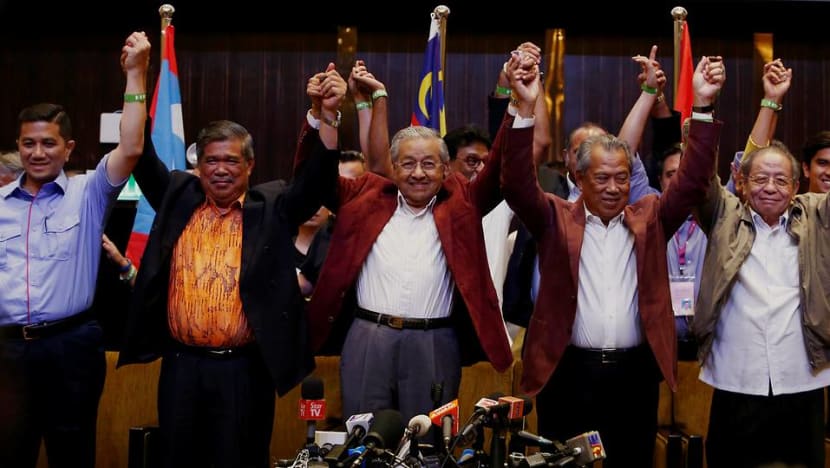
Malaysian Prime Minister Mahathir Mohamad (C) celebrates with other leaders of his Pakatan Harapan coalition during a press conference on May 10, 2018. (Photo: Reuters/Lai Seng Sin)
HOBART: Many outside Malaysia are scratching their heads. How is it possible that the future of this Asian country is dependent on one man, and on top of that, a man who is going to be 95 soon?
Dr Mahathir is not only the world’s oldest political leader, but also within reach of another world record - if he is appointed prime minister again, he would have served thrice in that role.
I do not know of any other commonwealth county where this has happened. Even the famed Winston Churchill, who served two terms as UK prime minister, handed over to Anthony Eden to retire from public life altogether soon after.
A series of events since Friday (Feb 21) has confounded the country, which began with speculation over Mahathir’s party, Parti Pribumi Bersatu Malaysia leaving the ruling Pakatan Harapan (PH) coalition to join the opposition in forming a new government, and culminated with Prime Minister Dr Mahathir Mohamad’s resignation on Monday.
When he resigned abruptly as prime minister, the Malaysian King asked him to stay on as “interim” prime minister.
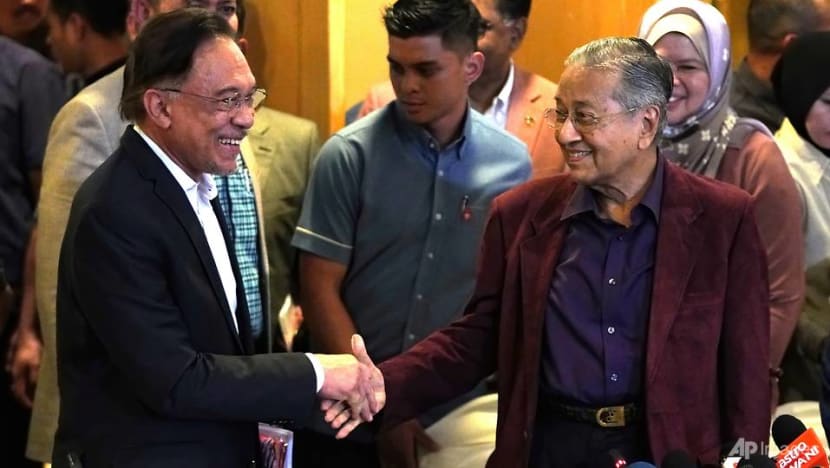
Malaysian Attorney-General Tommy Thomas, the top legal officer in the government, also issued a statement on Monday further stating that there is no time-limit attached to the office of a caretaker prime minister, who also has the power to appoint Cabinet Ministers during period if he so chooses.
Since the crisis erupted, all sides of the political divide have been looking towards Mahathir to solve this tricky conundrum.
MAHATHIR REMAINS THE BEST BET IN THE POLITICAL FIGHT AHEAD
In the past 24 hours, two main options have emerged to solve the political impasse. On the one hand, the Barisan Nasional (BN) coalition and Parti Islam Se-Malaysia (PAS) on Tuesday (Feb 25) called for parliament to be dissolved so that political parties can seek a fresh mandate from the people.
On the other, Mahathir has mooted the idea of a grand coalition of parties across the political spectrum that would establish a "unity government”.
READ: Commentary: Was the Pakatan Harapan coalition doomed to fail from the start?
READ: What you need to know about Mahathir’s resignation and the political upheaval in Malaysia
If anyone is going to cobble together another coalition to rule Malaysia, Mahathir will likely feature highly. It was his return to politics at the helm of the then-underdog PH coalition that made the sum difference and broke the BN’s decades-long stronghold on politics in the 2018 general election.
Thus far, he has received official support from most sides, other than UMNO and PAS. Even UMNO and PAS initially said they will support him before they made a U-turn.
Observers in Kuala Lumpur have also said they do not take UMNO and PAS’s pronouncements seriously. In a country that has seen many politicians shift allegiances over the last few years, some MPs in UMNO and PAS will quite happily break ranks with the official party policy not to support Mahathir.
The reality is that UMNO MPs have been so used to being in government, they have been adrift as an opposition party these past two years and have not advanced any new, bold positions or pursued internal reforms. This is no wonder, when, for the past six decades until 2018, UMNO reigned supreme in Malaysian politics with huge government and financial resources.
The open secret during the previous BN administration was that the “real” Malaysian cabinet was the UMNO Supreme Council meeting, where all the important decisions on key national policy issues were made.
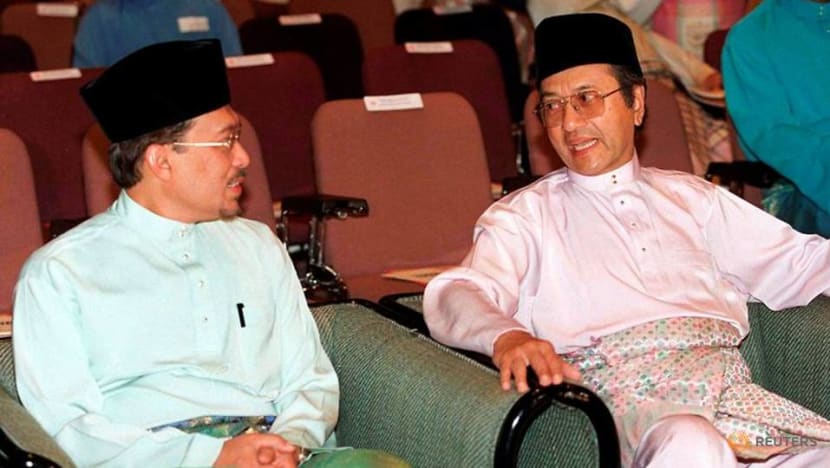
Many UMNO MPs, long used to this decades-long modus operandi and craving to be let back into the fold, may happily join Mahathir if they can be assured of a place in the new government. Eight UMNO MPs had crossed over to PPBM in March 2019 alone and they will not be the last.
WHY MAHATHIR?
What is Mahathir’s appeal? Some claim it is his charisma and personality. He exudes authority and commands presence every time he enters a room. Others say it’s his authoritative way of doing things, which gets public policies implemented in a bloated and inefficient civil service.
While the above may be true, I suspect a different set of dynamics govern the political class.
First, Mahathir operates above the political class. Most of them see him as an international statesman with the gravitas to rally the people and steer the country through difficult times.
He is tough and resolute in his beliefs. He has served as prime minister from 1981 to 2003, only to bravely plunge back into political arena to lead the charge against Najib Razak.
This is a man with nine political cat lives, maybe more. Early in his political career, he was sacked from UMNO in 1969, nearly lost power when half of UMNO turned against him in 1987 and UMNO deregistered, fended off a challenge from Anwar in 1998, defeated three prime ministers (Tunku Abdul Rahman, Abdullah Badawi, Najib Razak) in their political games and ended the career of countless other politicians.
READ: Commentary: Mahathir holds all the keys to Malaysia’s political succession
READ: Commentary: Malay political unity in Malaysia is but a myth
Second, he is one of the few Malaysian politicians acceptable to all across the racial and religious divide. While the Malay community sees him as a champion of Malay rights who can be counted on to tell them hard truths while protecting their privileged status in the political system, non-Malay Malaysians sees him as a broad-tent nation-builder who will give them some space in Malaysian politics.
Compared to many other Malay politicians who exhibit open hostility towards non-Malays, Mahathir is more likable, has been supportive of Chinese-Malaysian business interests, and is seen as someone worthy of respect in the eyes of the non-Malays.
Third, Mahathir’s pragmatic, modern outlook and long-held ambitions to transform Malaysia into a developed country resonates with many Malaysians, especially in the middle-class, who support his ideas of emphasis on the English language and a desire to refresh the education system.
Where education has been politicised in recent years and influenced by conservative religious priorities, not least by the introduction of Jawi and more Islamic content into more schools, Mahathir has spoken out against such moves. Many in the political class agree with Mahathir’s views but are too afraid to speak out.
He may be outspoken, even testy at times, but this is a man Malaysian leaders and society trust to lead Malaysia, even if it involves unconventional means that run counter to the system.
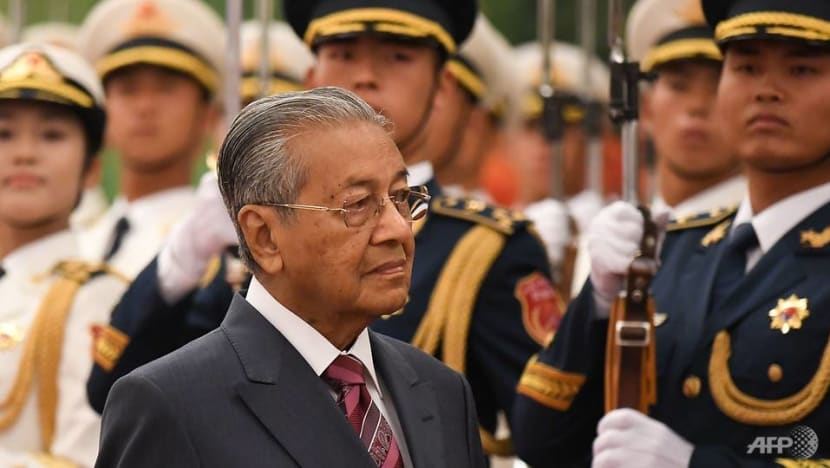
Most importantly, at present, there is no choice other than Anwar Ibrahim. Anwar Ibrahim’s biggest problem is that a significant portion of the Malay community do not trust him. But in a chaotic situation like now, there is a slight chance that Anwar can get the support of the Malay MPs as long as PH (minus Bersatu) votes as a bloc.
There is also the possibility that after all the upheaval, we will be back at square one where Mahathir and Bersatu negotiate a new PH 2.0 where Mahathir and Anwar emerge as PM and DPM immediately.
This way everything reverts to normal as Anwar and his supporters will be placated. Mahathir will set a new timetable for the transfer of power and Anwar knows that he is just one step away from the prime ministership.
The downside is that PH will pay a heavy price politically. Malaysians will blame PH for the endless political games and may punish PH at the next general election.
READ: No legal obstacle to form new ruling coalition, but against spirit of Malaysia's constitution: Expert
READ: Commentary: Why Mahathir leaving may not solve Malaysia’s problems
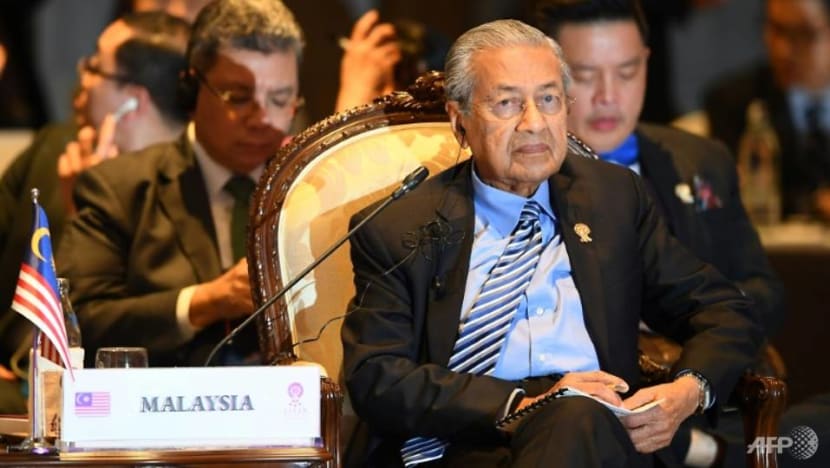
The reality is that there are already so many U-turns in the past 48 hours that anything can happen.
QUO VADIS?
A larger question looms: Even if Mahathir were to stay on beyond his interim prime ministership, given his age, what will happen to Malaysian politics once this is all over?
Assuming that Mahathir will succeed in putting together a new unity government, he will still have to contest in a general election in three years. By 2023, he will be 98. Will he be willing to stand for another round? Will Malaysia be keen to vote in the world’s first centenarian prime minister?
READ: Commentary: Malaysia’s national consensus on race and politics risks unravelling
READ: Commentary: The reinvention of Najib Razak, former prime minister of Malaysia
All this will be answered before this weekend. The Malaysian King is in the process of talking to all MPs to see who has the needed support. It will require 112 MPs in the 222-seat parliament to form a new government.
But in reality, the King will be looking for someone who can command a much larger majority to ensure that the next government will be stable - or at least last until the next general election.
Political scientists should never make predictions as we have a terrible track record. But I am willing to place a wager that Mahathir is still the man to watch amid this political crisis, and that he will emerge with a new government and a much stronger PM, with more power than in the 1990s.
James Chin is Professor of Asian Studies at the University of Tasmania.














